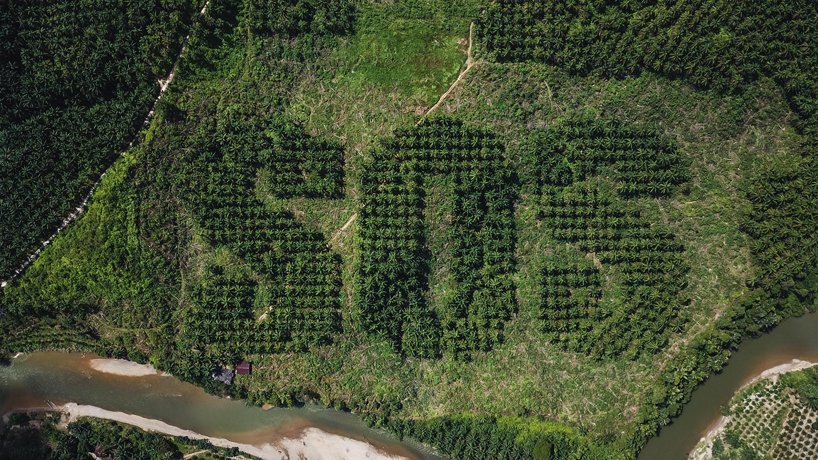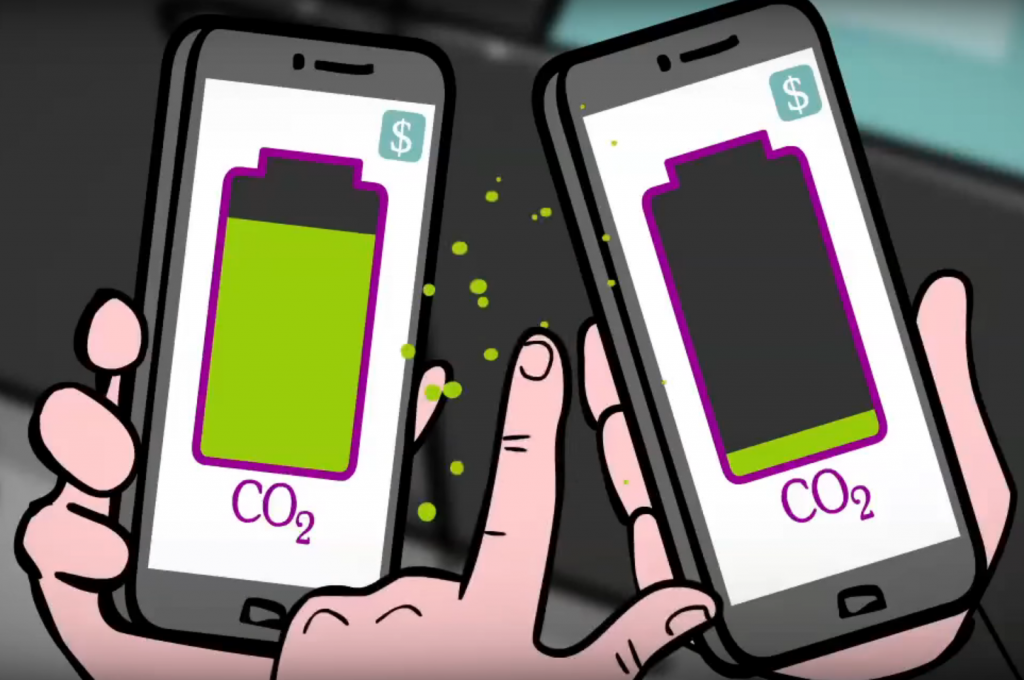Updated on 2022-10-07 by Adam Hardy
The BBC started this train of thought about a carbon currency recently with an article describing how the world’s wealthiest are at the heart of the climate crisis, and that a new “polluter-elite” have to change their lifestyles if the world is to tackle climate change[1]. New research showed that the world’s wealthiest 1% produce double the combined carbon emissions of the poorest 50%, according to the UN, and the wealthiest 5% alone – the so-called “polluter elite” – contributed 37% of emissions growth between 1990 and 2015.
Most climate solutions call for a carbon tax to hit the polluters in their pockets, but there is a strong case to be made that they will just pay the tax and carry on polluting. Secondly, a carbon tax would hit people on lower incomes disproportionately. Creating a carbon currency, equally distributed per capita, would be fair to everyone and require the wealthy carbon abusers to buy more currency, meaning money flows from rich to poor. Since the allowance would be reduced regularly, there is no never-ending supply. In fact, the UCC mechanism functions by enforcing strict controls on fossil fuel supply via the surrender of UCCs by the oil industry, with the audit point at the fossil fuel companies’ gas and oil wells.
A Carbon Currency
This is the basis of the carbon currency based on carbon allowances. This works on the low level for people, making people instantly aware of their carbon footprint via personal carbon trading.
The economics of a carbon currency makes sense on the larger scale as well – the framework exists already (the Central Bank Digital Currency), the carbon credits supply chain mechanism inspires innovation in business, and the equitable distribution of carbon tokens to citizens promotes climate justice. One leading economics professor and EcoCore supporter Prof Steve Keen, renowned for his work on remodelling economic systems based on energy with the Minsky model, has now turned his analysis to climate change and the potential of a carbon currency to transform society’s approach to climate change[2].
The proposal for as a carbon currency explains this in-depth, how it rations fossil fuel supply at source, how it affects industry, business and society.

Markets can be a force for good here because it enables the flow of resources from those who are willing to pay to carry on polluting to those who don’t. This kind of framework at the level of ordinary people is known as personal carbon trading, because people manage their carbon footprint using the carbon tokens from their carbon allowance.

The article above on personal carbon trading also points out a few others reasons why a market for carbon credits in this framework would be beneficial, despite reasonable expectations of the opposite stemming from experiences in unregulated markets.
A carbon currency based on carbon allowances ultimately provides the mechanism for international climate justice. National allocation of the CO2 emissions behind a carbon currency becomes a nation’s Nationally Determined Contribution to the Paris Climate Accord. This is the perfect case for the UNFCCC to implement Contraction & Convergence. Every small island developing nation, BRIC country or industrialised nation must agree at a climate convention on (a) the whole carbon budget for the planet and (b) how it is divided up fairly.
Then each nation takes their allocation and divides it fairly between its citizens. This is nothing new to the United Nations Climate Conventions, it almost became reality as Clinton’s climate team negotiated with China in 2000. Now the commitment and resolve resulting from an extra 20 years of inaction might tip fortune in its favour.
- https://www.bbc.co.uk/news/science-environment-56723560 “World’s wealthiest ‘at heart of climate problem'”.
- https://iai.tv/articles/the-future-is-carbon-coin-auid-1790 “The future is carbon coin”

